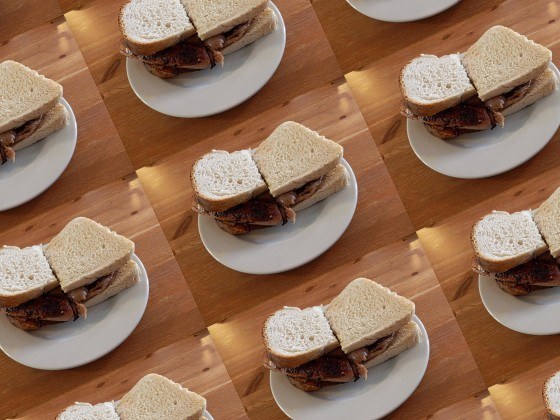1. Eat More (Often)
This might sound counterproductive, but eating more regularly is actually very healthy for you and will prevent you from getting too hungry which often causes people to eat impulsively. (Have you ever tried grocery shopping when you are hungry and wondered the next day why you bought so much junk food?) Plan to eat a small meal or snack ever 2 to 3 hours, and make sure you include a lot of healthy foods such as vegetables, fruits, protein and food that is high in fiber. You will not only curb impulse eating, but you will also have more energy, and boost your metabolism while getting all your servings of fruits and vegetables.
2. Breakfast – the Most Important Meal of the Day
We’ve all heard this, but it is the truth! You know how you feel when you skip breakfast: hungry, lacking energy, brain fog, and even anger. And what happens when you get to work and see that someone has brought in donuts? Impulse eating happens. Before you know it, you’ve downed 2 donuts and are feeling guilty. Studies show that if you eat a good, balanced breakfast, you will be more able to say no to tempting treats. Plus, you will have more energy, think more clearly and just feel better about starting the day. If time is your enemy in the morning, there are plenty of make-ahead breakfast options. Google, Pinterest or any recipe website will provide you with many of these quick and healthy breakfasts.
3. A Simple Water Bottle Can Stop Impulse Eating
Doctors say that cravings and hunger can actually be thirst in disguise. When suddenly are tempted to grab some food you know you shouldn’t be eating, try drinking some water first. You will be surprised how often your body is actually thirsty instead of hungry. To do this successfully, you will want to carry a water bottle around with you. Look for a one that is leak-proof so you can carry it around with you wherever you go. Invest in a good water bottle because this is one habit that is extremely healthy for your body.
4. Cut Out Evening Snacks
Evenings are when most people get “the munchies.” You are more relaxed after a long day at work, the kids are in bed, and most people take this time to watch some TV, a movie, or hang out with friends. These activities almost always lead to eating, and usually not the healthy kind! To stop impulse eating in the evenings, set a “cut-off” time for yourself so you won’t eat anything after 7pm for example. Once the cut-off time happens, brush your teeth and floss so that you will be less likely to break your own rule. No one likes flossing, and the thought of having to do it twice should be enough to deter any impulses that arise afterwards.
5. Take Control of Your Thoughts
This is the most important tip of all, because if you can’t conquer this one, you could be battling with all of the others for the rest of your life. Sometimes it feels like our thoughts and emotions govern our will, which in turn, governs our actions. However, it needs to be the other way around. Have you ever known someone who allows themselves to be governed by their emotions? They are usually up and down all the time and they do not lead very stable lives. When you consistently give in to impulse eating, it means you are not in control of your thoughts and emotions. In this area of your life, your emotions are dictating your actions. The next time you feel that impulse creep in, stop and ask yourself, why do I feel like I need to eat this right now? Take a couple of minutes and assess why you are emotional – maybe the impulsiveness is coming from stress or sadness. Or it could just be that you are so used to impulse eating that it’s no longer something that you even think about as a problem. Either way, you will need to stop, take a step back and remind yourself that you have a will, that it should dictate your actions, not your emotions. Emotions are not bad, but we should never be governed by them. This will not be easy at first, but over time you will be less likely to let your feelings dictate your decisions.




